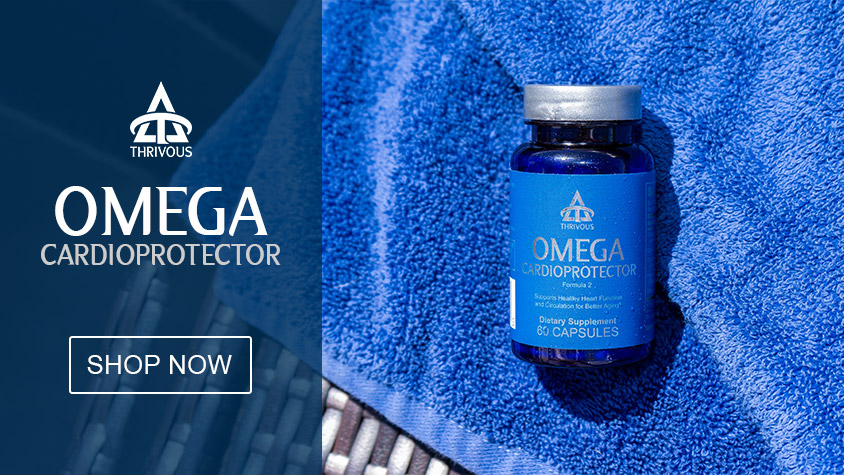
This Supplement Can Enhance Sleep Quality

Sleep quality is important for a healthy lifestyle. It is not only about how long you sleep, but also about the state of your sleep-wake rhythm. In recent years, many studies have shown that bad sleep quality can lead to diseases like diabetes, high blood pressure, heart disease, and depression. To improve sleep quality is important for maintaining good health or preventing a decline in quality of life.
Many countries are recognizing sleep problems as an important issue, and working to promote good sleep health. For example, the United States has a plan called “Sleep Health” under “Healthy People 2020” to set targets and measures to improve sleep health. In Japan, the government has created “Sleep Guidelines for Health Promotion 2014” to raise awareness about the importance of good sleep.
As people age, their sleep quality can decrease. This is because as people age, the level of a chemical in the body called melatonin decreases. Melatonin helps control the sleep-wake rhythm and hormone levels. Studies on improving sleep quality in older people can help solve important public issues.
DHA and EPA are special types of fats found in fish that can’t be made by the human body. They have been shown to lower blood fat levels, reduce the risk of heart disease, and improve brain function. These special fats are found in all cells of the body and they have various effects on the body. These special fats have also been shown to affect the production of melatonin, which controls the sleep-wake rhythm.
Some studies have shown that people who eat a lot of fish have better sleep quality. There have also been studies done on children and teenagers that have shown that DHA and EPA can help improve sleep quality. However, not many studies have been done on middle-aged and older people.
Some researchers wanted to find out if DHA and EPA can help improve sleep quality in middle-aged and older people. Because DHA and EPA can improve blood fat levels, heart health and brain function, the researchers believed that it can also help improve sleep quality. They published the results of their study in the journal Nutrients:
Study Design
This study was designed to find out if taking a certain type of fish oil, called DHA and EPA, can help improve sleep quality in middle-aged and older adults. The study was done in a way that the researchers wouldn’t know which group the participants were in (called a double-blinded study). And the participants were randomly put into a group that took DHA and EPA or a group that took a fake pill (called a placebo).
The study had some rules about who could participate, for example, people who were sick or had certain health conditions were not allowed to participate. The study was approved by an ethics committee and was done following the guidelines for medical research.
The study lasted 12 weeks and the participants took either the DHA/EPA or placebo pill for the whole time. The study participants were healthy Japanese adults who were over 45 years old and had poor sleep quality. The study was conducted at two medical clinics and the participants had some tests done before and after the study.
In this study, the researchers used three tests to evaluate the participants’ sleep quality: the OSA-MA test, POMS2 test, and the sleep scanner SL-511-WF2.
The OSA-MA test was taken at home for three days before the study began and again after 12 weeks. The test included 16 questions and was used to measure five things:
- sleepiness when waking up,
- how easy it was to fall asleep and stay asleep,
- how often the participant dreamed,
- how refreshed the participant felt when waking up,
- and how long the participant slept.
The POMS2 test was taken at the beginning and end of the study. It included 35 questions and was used to measure eight things:
- overall mood,
- feelings of tension or anxiety,
- feelings of depression or sadness,
- feelings of anger or hostility,
- feelings of energy or activity,
- feelings of tiredness or inertia,
- feelings of confusion or bewilderment,
- and feelings of friendliness.
The sleep scanner SL-511-WF2 was used to monitor the participants’ sleep for 7 days before the study began and after 12 weeks. The test was used to measure seven things:
- how efficient the participant’s sleep was,
- how long it took the participant to fall asleep,
- how long the participant slept overall,
- how long the participant actually slept (excluding time awake),
- how long the participant’s awakenings were on average,
- and the percentage of the time the participant was awake while in bed.
The participants also had blood and urine tests taken at the beginning and end of the study, and were asked to keep a record of their diet for 7 days before the study began and after 12 weeks. The researchers measured some blood levels, including cholesterol, glucose, and fatty acids. They also measured some urine levels such as protein and glucose. The researchers also recorded the participants’ weight, height, and blood pressure.
To calculate the sample size, researchers used a previous study that looked at the effect of DHA on sleep quality. They assumed that the difference in sleep quality between the group taking DHA/EPA and the group taking the placebo would be large. They calculated that they needed 62 participants (31 in each group) to have enough power to detect a difference in sleep quality.
Study Results
This study had 91 people who wanted to participate but only 66 met the criteria to be in the study. All 66 people who were picked finished the study. They were randomly assigned to either take DHA and EPA or a fake pill (placebo) for 12 weeks. Each group had 33 people in it, 11 men and 22 women.
After 12 weeks, the researchers looked at the scores from the sleep tests and found that in the group taking DHA and EPA, the score for frequent dreaming was higher than the group taking the placebo. But, there were no other differences between the two groups from the other sleep tests.
They also looked at the scores of how well the participants slept and found that the group taking DHA and EPA had a better sleep efficiency score than the placebo group. Two people, one in each group, did not take the sleep test during the post-ingestion period so their scores were not included.
No one had any bad reactions or health problems related to the study and there were no significant differences in blood and urine tests between the two groups.
This study found that when people over 45 years old with poor sleep quality take DHA/EPA for 12 weeks, it improves their sleep quality. Other studies have also found that DHA/EPA helps with sleep, but most of those studies were done on children or young adults. Few studies have been done on adults, and even fewer have been done on middle-aged people with poor sleep quality.
Thrivous Omega
Thrivous develops Omega Cardioprotector to enhance circulation and heart function for better aging. Each serving of Omega provides a clinical dose of Omega 3 DHA and EPA, as well as complementary nutrients. Accordingly, as indicated in this study, Omega may enhance sleep quality.
The Omega 3 DHA and EPA in Thrivous Omega comes in the form of Omega 3 Lysine Complex. This form of Omega 3 is five times stronger than common fish oil, without any fishy taste or smell. And the shelf life of Omega 3 Lysine Complex is years longer than common fish oil. Thrivous Omega is the superior choice.
For the best results, take Omega Cardioprotector during the day and Serenity Nightly Nootropic before bed. Thrivous develops Serenity to enhance relaxation, sleep, and next-day focus. Each serving of Serenity provides clinical doses of nutrients that complement the efficacy of nutrients in Thrivous Omega.
Omega Cardioprotector and Serenity Nightly Nootropic are both available online in the Thrivous store.






